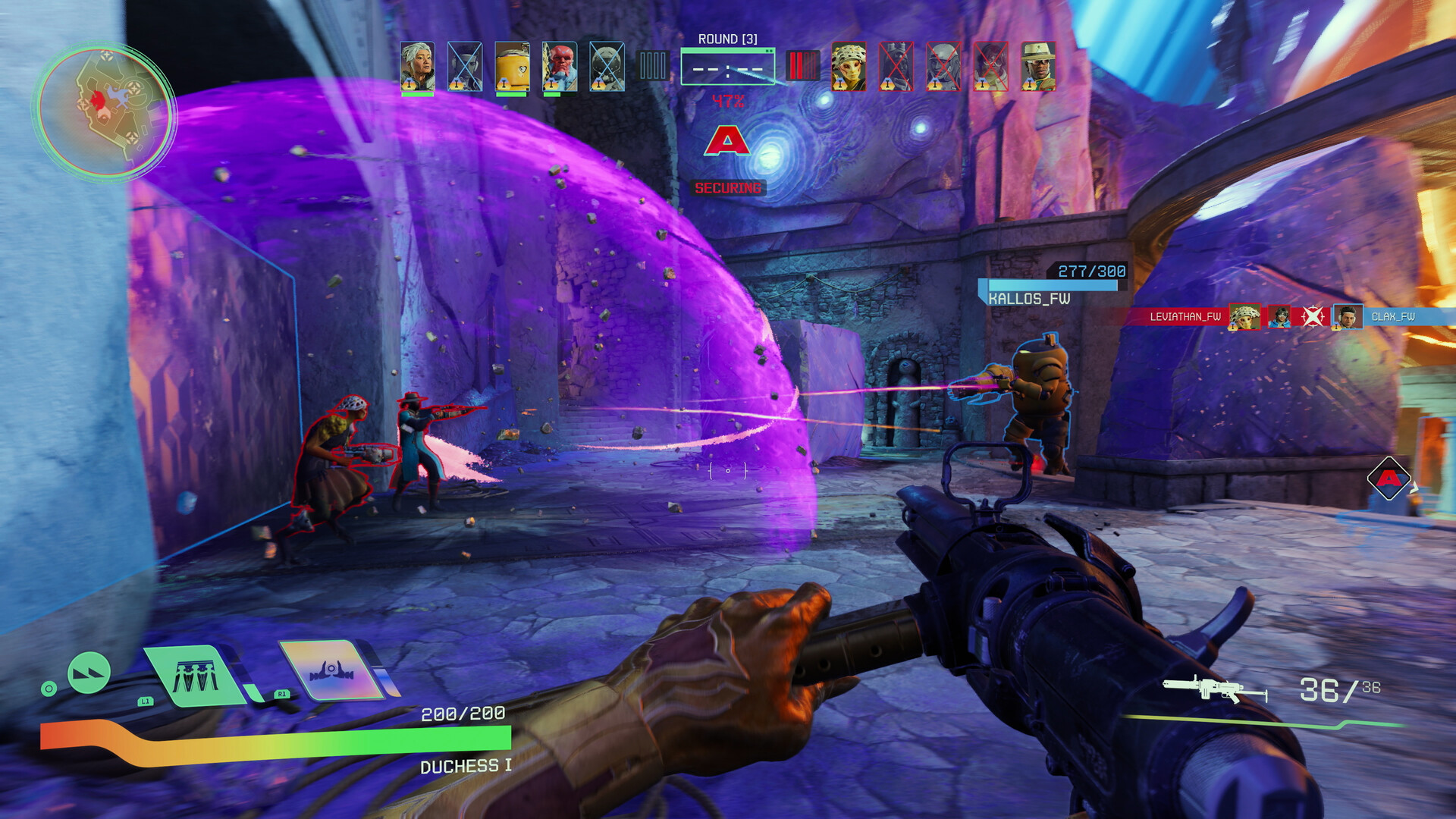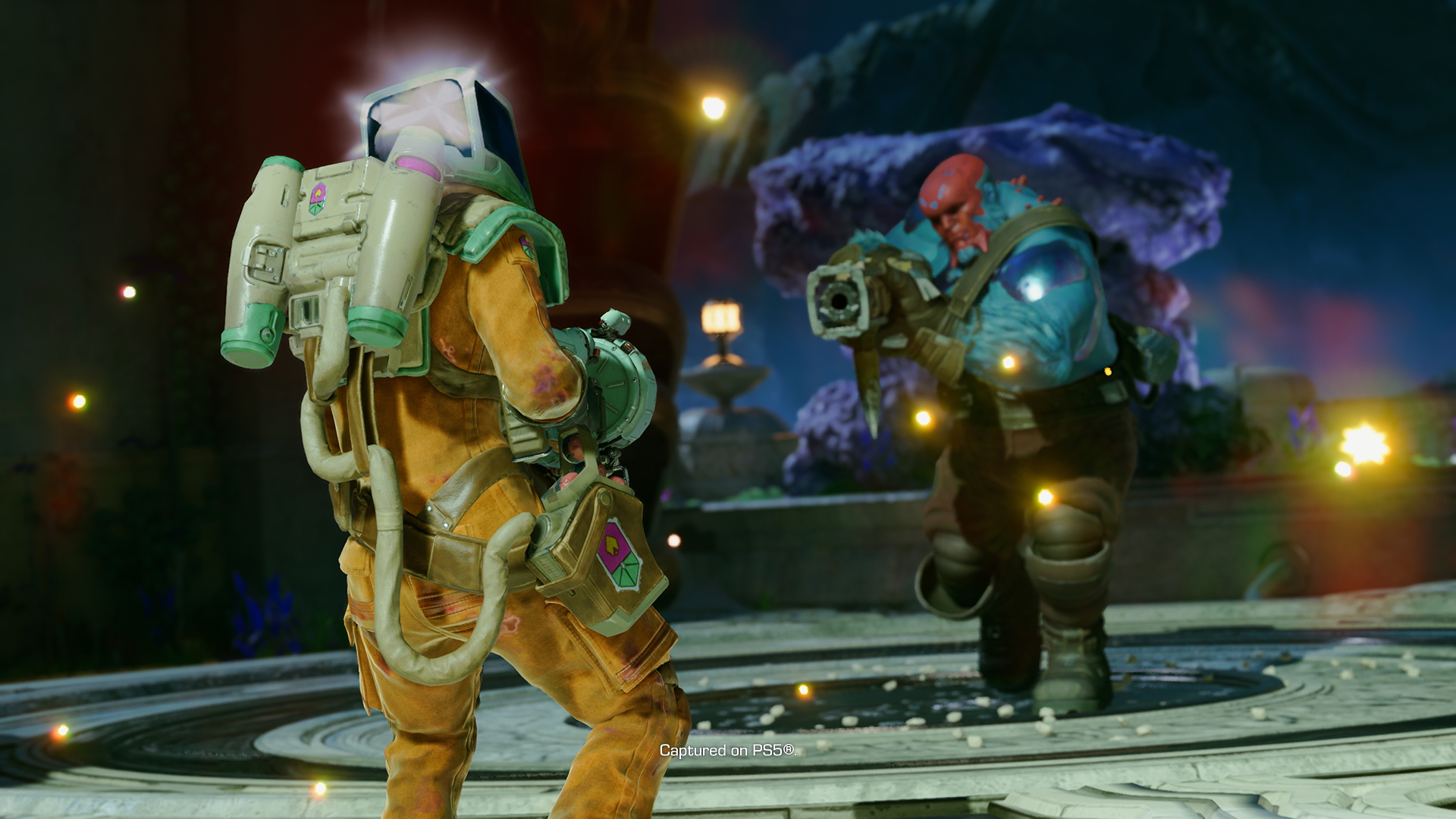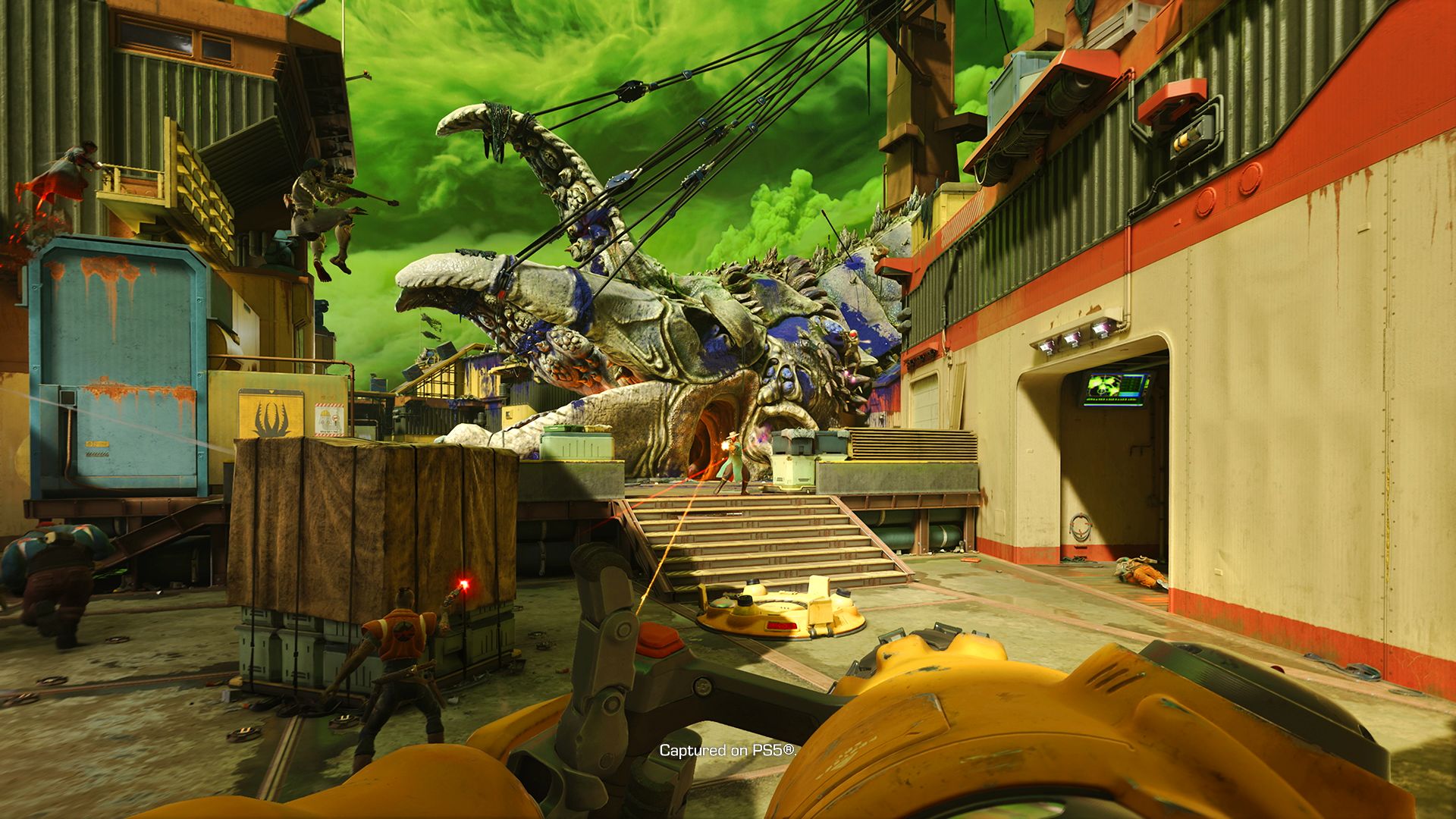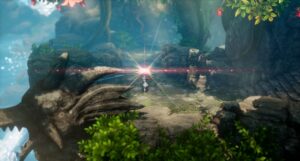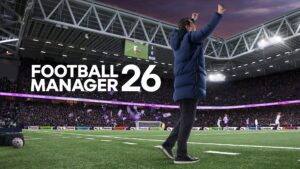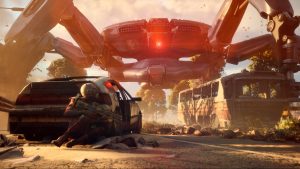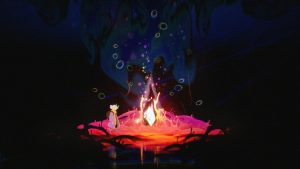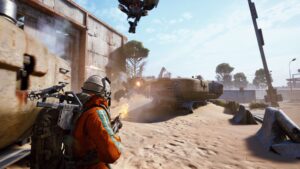
If 2024 is remembered for anything, it’s probably the year of predictions. Several of us expected titles like Suicide Squad: Kill the Justice League and Skull and Bones to flop, and such had occurred. It was probably a terrifying prospect for Firewalk Studios and its reveal of Concord several months later – a live-service 5v5 hero shooter that took ample inspiration from Guardians of the Galaxy, with gameplay riffing from Destiny and Halo. After that intriguing yet by-the-numbers cinematic trailer, the game was finally revealed, and, suffice it to say, many proclaimed its doom right out of the gate.
I wasn’t too hot on its prospects either, but, as with any game, I was willing to give it a shot. Of course, as the months wore on, it became apparent that Concord wasn’t generating much positive buzz. There was some negative, but even that felt surprisingly low considering the initial backlash. The open beta came and went with a staggering 2,388 peak concurrent players on Steam last month. Even after opening it up to PlayStation Plus subscribers on PS5, its momentum felt non-existent.
Unsurprisingly, it launched to a paltry player base at launch, failing to crack even 700 concurrent Steam players. The weekend would surely boost numbers, but Concord has peaked at 459 players within the last 24 hours, and at this time of writing, 353 are currently online on Steam. The PlayStation numbers probably tell a different story, but consider that Skull and Bones, which launched for the platform the day before, peaked at 2,615 concurrent players at this time of writing. The prediction of Concord being dead on arrival, at least for PC, has been fulfilled.
What the heck happened? It’s not like the user reviews on Steam are overwhelmingly negative, with a 74 percent “Mostly Positive” rating. However, there are less than 400 user reviews. Some people knew about it before launch, what with Sony’s marketing machine doing its best (though not nearly enough, which I’ll get into later). It’s just that very few care.
There aren’t a lot of critical reviews for Concord, but few are singing praises. Leaving my opinion aside, it has a 66 Metascore based on nine reviews. I expect this may increase slightly as more impressions come in, but for now, it’s not the best.
If you believe Firewalk Studios, Concord was in development for “around” eight years. This may not necessarily mean active production; the studio’s founding occurred in 2018 and included several Bungie veterans. Though Sony acquired it last year, its agreement to publish Concord dates back to 2021, several months before it announced that ten live service titles would launch within the next four years.
Regardless of how or when Concord entered production, why Sony and Firewalk thought it would strike a chord (no pun intended) is somewhat understandable. Overwatch was a success and people like Guardians of the Galaxy (or at least Marvel’s movies). Combining the two may make sense from a business perspective. I can also understand the Bungie veterans wanting to use their experience with Destiny’s Crucible and apply them in the hero shooter format.
The problem first arises when it comes to the characters. Now, say what you will about Overwatch – and there’s plenty I can say about the overall balance and ranked experience – but it has some killer character designs and kits. Launch characters like Tracer, Pharah, Mercy, Zenyatta, D.Va, Winston, Reinhardt, and Lucio remain iconic, while newcomers like Juno, Kiriko, Sojourn, Ramattra, Venture, Mauga, and Junker Queen slot right in. As much as the initial roster took inspiration from other established hero shooters, the execution of their overall kits, individually and holistically, was done very well.
It’s something seen in other competitive shooters like Valorant and Valve’s “officially” announced Deadlock, but it goes back to one of the key ingredients of a good MOBA. Without well-designed characters, your game can quickly sink, regardless of the IP or publisher backing it (see: Ninja Theory’s Bleeding Edge, launched after Microsoft’s acquisition and suffering a quick death).
That’s one of Concord’s initial failings – a roster that boasts incredible graphical fidelity, from their expressions to their textures and voiced well by its cast, yet doesn’t strike you with their designs. However, like a game’s art style and visual quality, if your hero shooter can’t capture the target audience’s attention with its characters, you’re at a massive disadvantage. That many of their personalities aren’t compelling doesn’t help.
The other problem is the abilities and kits. Lennox’s rogue-ish playstyle based on revolvers and exploding throwing knives is cool, but I can also do that in Destiny 2 as a Hunter. I could also throw in Gunpowder Gamble and Tripmines – the latter belonging to a separate hero, Vale, in Concord – for some more boom. I could float around as Haymar, blinding enemies and throwing firewall grenades, or play as a Warlock, tossing Solar Grenades that spit projectiles like mini-volcanoes, snap my fingers for a quick burst of burning damage.
At times, it feels like Firewalk took all these abilities from Destiny 2’s classes and looked at how to split them among various generic characters. Meanwhile, Bungie introduced Prismatic and fundamentally changed the game. Even when measured against other hero shooters, Concord’s kits don’t feel engaging.
There’s also the $40 price. Why are Overwatch 2 and Valorant still so popular, regular content updates and mostly enjoyable gameplay aside? Because they’re free-to-play. It’s one of the main reasons The First Descendant and Once Human didn’t fade into the ether like, say, Suicide Squad: Kill the Justice League.
When you’re presenting something in an already stuffed genre, a free-to-play approach is the best way to attract new players. It isn’t even a strategy relative to hero shooters and loots – look at Granblue Fantasy Versus: Rising, which has a free version to entice fighting game fans to give it a shot.
Yet Sony, in its infinite wisdom, thought that releasing a competitive hero shooter for a price would attract consumers. Is it counting on the weekly cinematic vignettes, which have thus far done nothing to endear the characters to players, to justify the price? Leaning on this concept of “pay once, and all post-launch content is free” doesn’t work anymore, considering every other free-to-play title is also doing it while also being, you know, free.
I could go on about all the other reasons for Concord’s failure. Sony’s typical cycle of marketing its console exclusives about a month or two before launch desperately needs to be re-examined for multiplayer titles. You can’t just release a bunch of trailers with animated adventures or focus on each member of the roster’s abilities, much less have one round of beta testing and call it a day.
Would Concord have had a better shot if it were revealed last year and Firewalk spent the next year or so with closed betas, addressing feedback, and outlining every little detail about its game? Probably not, but maybe there would be more buzz, rather than the current apathy leading into its launch.
Whether it’s good or bad at launch, a live-service game is all about the long-term and what content it can provide to keep players returning for more. If it suffers from multiple issues, it becomes a multi-pronged battle to improve it, add more content to satisfy the current minuscule player base, and attract newcomers. I don’t know if Concord can pull that off. But in this genre, when launch time is your do-or-die chance to impress players, and they can’t be bothered to show up, that really says it all.
Note: The views expressed in this article are those of the author and do not necessarily represent the views of, and should not be attributed to, GamingBolt as an organization.








